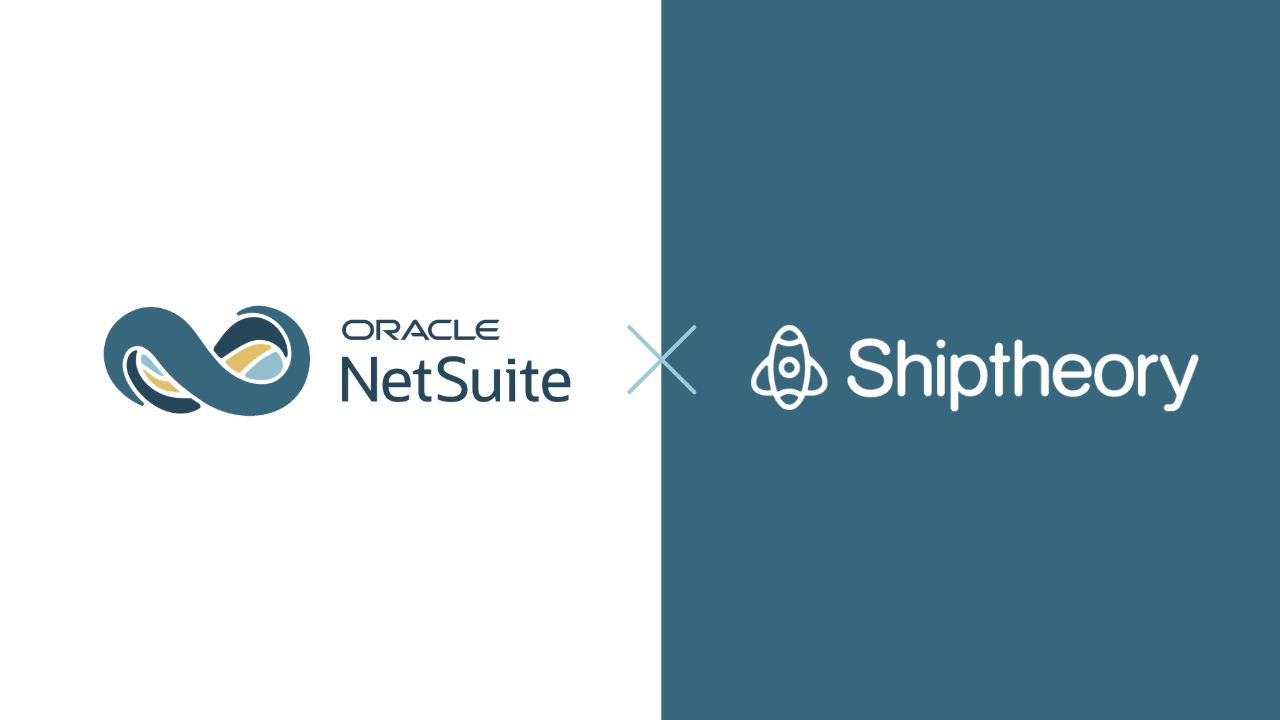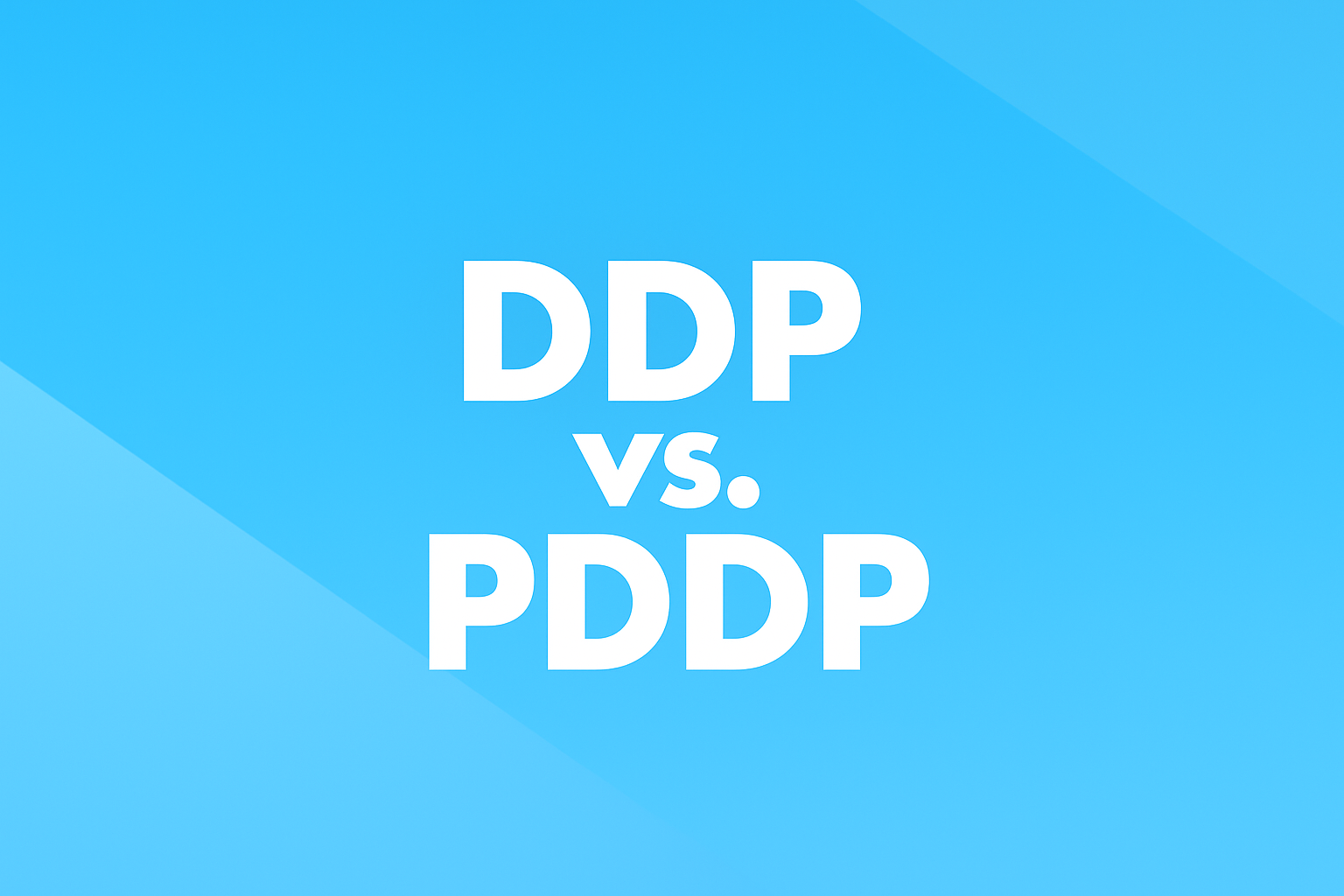- Ecommerce
- Shiptheory

5 Important Questions to Ask Your Ecommerce Development Company
It's no secret that the ecommerce industry is continuing to grow by leaps and bounds. It is estimated that ecommerce sales worldwide will increase to $4.058 trillion in 2020. How your ecommerce business will thrive depends on how well-equipped your website is to create extraordinary customer experiences.

Of course, to do that you have to have a fantastic website, which more often than not means working with an ecommerce development company. But which one? If you're currently vetting candidates, make sure to ask these 5 important questions.
1. What is your ecommerce build process and how long does it take?
Experienced ecommerce development companies will walk you through their development process from planning to the post-launch stage. They follow a workflow and they will assign developers who have experience in your vertical to work on your website.
As for how long it takes, your ecommerce development partner should provide a project scope or milestones document. This will be helpful to both parties to ensure that goals and deadlines are met.
2. What level of support do you provide?
After your project is completed, will they provide on-going maintenance? Ecommerce websites often need continuous support especially with new promotions, changing inventory, seasonal demands, and evolving search engine algorithms.
Your development partner should let you know if they have maintenance packages as well as their hourly or monthly rates. They should also be clear on how they deal with issues if ever your site encounters any problem.
3. Have you worked on similar projects?
An ecommerce development company should volunteer information about previous customers and projects (without breaching any obligation of confidentiality).
If they can't show you any results, they're probably not going to be forthcoming when it comes to the other aspects of handling your website.
You can also ask about their partners - if they have worked with vendors for other integrated services such as an email marketing platform or a digital marketing agency to save time and effort down the road.
4. Will you build my website from scratch?
If yes, then it should be flexible enough that features can be easily added or removed. It should also be possible for other developers to make changes if for some reason one of you decides to end the working relationship.
Now if the web development company will build on an open source platform, they need to let you know how exactly they will customize your site. What features can be automated? Ask for certifications (e.g. Magento Developer certifications) if they have any.
5. What other services do you provide?
Some ecommerce development companies also offer other services such as branding and graphic design, pay per click marketing, search engine optimization, and so on.
An advantage to working with just one partner for these other services is that your design and online marketing tools are more consistent, which translates to a more seamless experience for your customers.
Now that you know what to ask of your dev partner, you also need to understand your role in the process. Do you need to provide images and videos? What about your logo?
Make sure you know what you need to do before getting started to save losing time and inflating costs later on.






